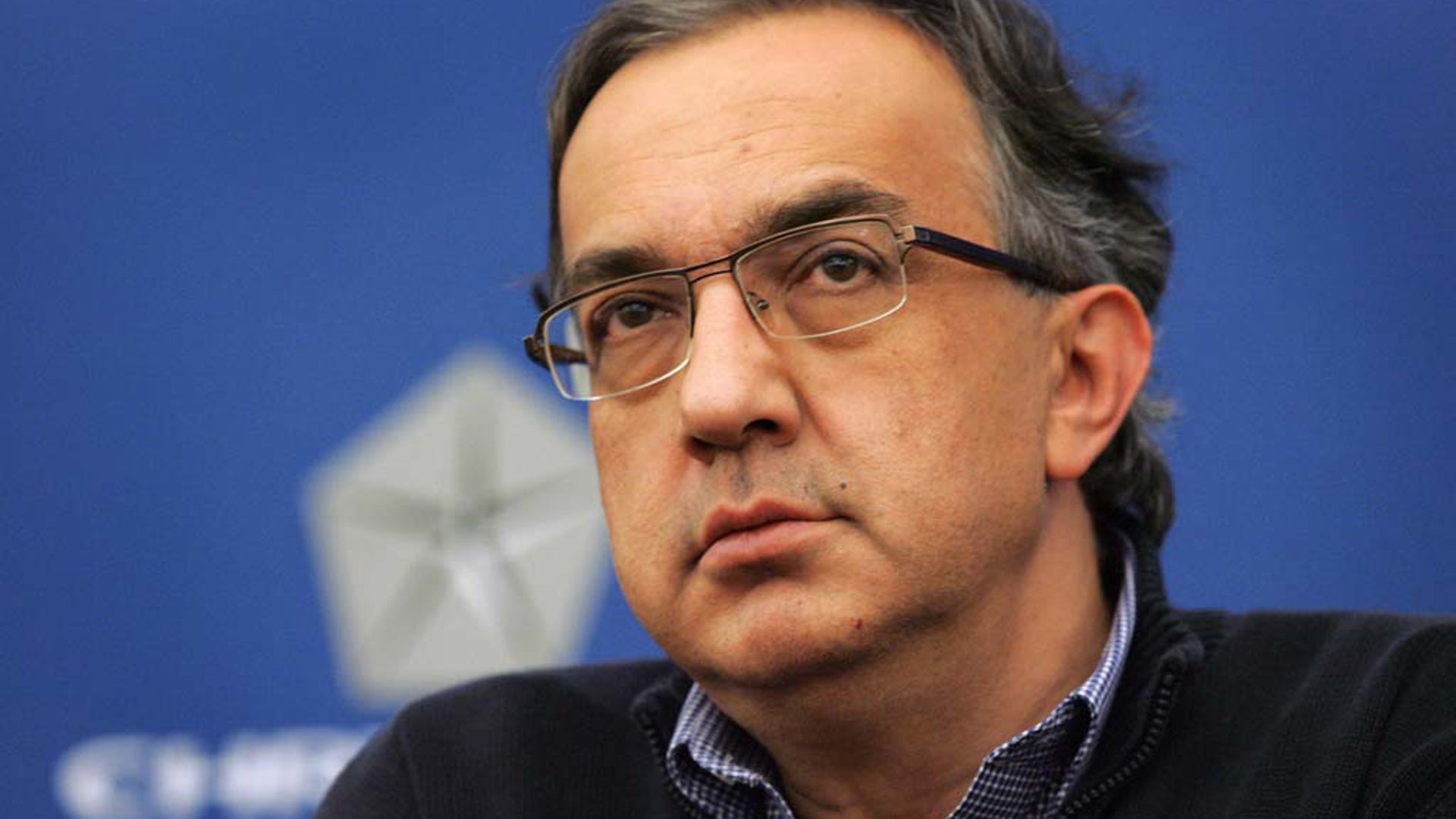Fiat Chrysler Automobiles' CEO Sergio Marchionne says he does not think Canada's auto manufacturing sector will be the target of trade tariffs like those U.S. President-elect Donald Trump has threatened against vehicles built in Mexico.
Marchionne shared his thoughts in response to questions at a Detroit auto show press conference earlier this week, from which the folks at Chrysler enthusiast site AllPar.com published a transcript.
The first Canada-related question came from the CBC, whose reporter asked how Trump's tariff threats would affect FCA's commitment to keep investing in its Canadian vehicle assembly operations.
"The relationship between the United States and Canada on cars goes way... back, even before NAFTA," said Marchionne. "I would expect the new administration would be aware of that history and would not necessarily look at Canada as a target of tariffs."
Marchionne explained tariffs on Canadian-built cars would have a significant impact on FCA as it builds minivans in Windsor and its Dodge Charger and Challenger and Chrysler 300 in Brampton, Ontario, and significant numbers of those vehicles go into the U.S.
"It is my expectation that Canada will not be involved in this dispute, because I think the problem goes beyond cars," said Marchionne. "It has to do with the free flow of goods between Canada and the United States. You are Canadian; you would know enough of the history of lumber wars that we’ve had between Canada and the US, oil and gas exports out of Canada. I don’t think that’s the primary objective of the Trump administration, but I don’t know so we’ll just have to wait and see. I have a more benign view of that relationship than I do of the one (between the U.S. and Mexico). That one is more problematic I think."
Expanding on the Mexico question, Marchionne suggested imposing tariffs on cars coming from that country would be "unwise" without grandfathering any production invested in before a certain date to avoid "significant economic damage" to the companies who have made those investments. He didn't mention Canada in this response, but reading between the lines it's fair to infer much of Canada's existing vehicle production would be safe should Trump take a thoughtful and reasoned approach to dealing with auto manufacturers who import Canadian-built cars into the U.S.
On a question about the possibility of Trump tearing up NAFTA, Marchionne called that a bad scenario, as it could make Canadian production of minivans "uneconomical for U.S. distribution. That would be lethal, I think, to Windsor."
Marchionne suggests even if Canadian-built cars do get hit with import tariffs, he feels Canada is in a better position to respond than Mexico.
"Canada has got other tools available to try to respond," he said. It’s got an energy card that it can play; it can play lumber. It has a number of other tradeoff mechanisms that it can offset against any potential negative discussions on cars. I’m not sure that there is an equivalent set of – there’s an equivalent arsenal available to Mexico."
When asked about the future of the Dodge Grand Caravan in the face of the newer, posher Pacifica, Marchionne said FCA continues to be pleased with the Grand Caravan's sales and that the company will keep building and selling it as long as people keep buying it.
Marchionne said he feels there's a certain level of "discomfort with the notion free trade and globalization by themselves are the solution to the world's problems. There's a happy medium we've yet to find between a flat world with no barriers and what we're witnessing now. We've all grown up with the clear understanding that free trade is a good thing... the issue of trade is a difficult discussion to have.
"Certainly, discussions that have come out from the Prime Minister’s office in Canada, for example, with Justin Trudeau, suggests that a national interest card is playing as relevant a role as the free trade argument. I think that those two issues and the way in which they get balanced on a national basis is going to become a big issue. How the US articulates that view going forward is something that we’re going to have to watch very, very carefully and I’m not sure what the outcome is."

